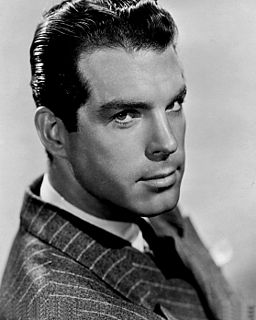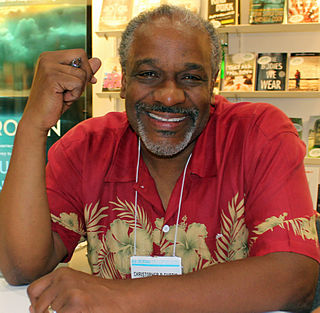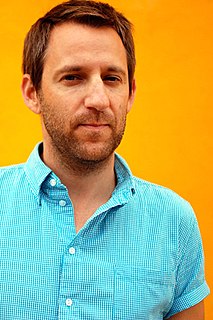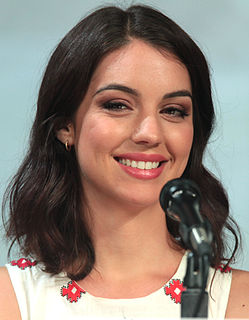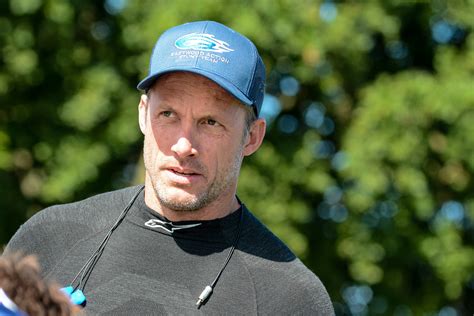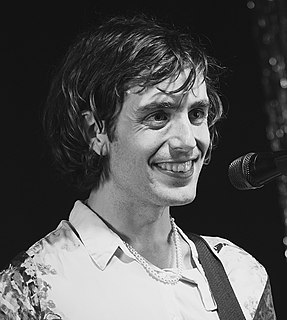A Quote by Gil Scott-Heron
I learnt early on that your audience take the songs in the way they want to rather than the way you might want them too.
Related Quotes
I like playing at public schools. I like when there's more of a diverse audience. I'll play wherever people want to hear my music, and I'll be glad and grateful for the opportunity, but I'd rather not play for a bunch of white privileged kids. I'm not meaning that in a disrespectful way; you go where people want to hear your music. So if that's where people want to hear me play, I'm glad to play for them. But I'd rather play for an audience where half of them were not into it than one where all of them were pretending to be into it, for fear of being uncultured.
Opportunities may come along for you to convert something -something that exists into something that didn't yet. That might be the beginning of it. Sometimes you just want to do things your way, want to see for yourself what lies behind the misty curtain. It's not like you see songs approaching and invite them in. It's not that easy. You want to write songs that are bigger than life. You want to say something about strange things that have happened to you, strange things you have seen. You have to know and understand something and then go past the vernacular.
But I'd rather help than watch. I'd rather have a heart than a mind. I'd rather expose too much than too little. I'd rather say hello to strangers than be afraid of them. I would rather know all this about myself than have more money than I need. I'd rather have something to love than a way to impress you.
We are, finally, all wanderers in search of knowledge. Most of us hold the dream of becoming something better than we are, something larger, richer, in some way more important to the world and ourselves. Too often, the way taken is the wrong way, with too much emphasis on what we want to have, rather than what we wish to become.
Folk songs are evasive-the truth about life, and life is more or less a lie, but then again that's exactly the way we want it to be. We wouldn't be comfortable with it any other way. A folk song has over a thousand faces and you must meet them all if you want to play this stuff. A folk song might vary in meaning and it might not appear the same from one moment to the next. It depends on who's playing and who's listening.
. . . people use tricks to get you to think the way they do or take away something you have that they want. One way they do that is to interrupt your normal way of thinking and take you by the hand and guide you down the path they want you to take. Father says they make you take a teeny-weeny step in their direction, and then they start to nudge you a little further down the path and before you know it, you're running full speed with them in a direction that you probably wouldn't have gone alone.
Hearing your voice and your instrument kind of breathe in the room, it affects the way you perform the songs. For instance, if you have that reverb, you can give the songs a little more space. You can play them a little slower or you can play less of the guitar part and just let it open up, which I really love. It's so nice to play a listening room, because the audience feels a certain way too.
I never look at twists as a way to trick the audience. Obviously, I think a good story has surprises and unexpected turns, and you always want to do that with an audience. But it has nothing to do with conning them or making them believe so strongly in one thing and then kind of going the other way.
I quickly said that, because of my loyalty to 'Star Trek' and also just being a fan, I wouldn’t even want to be involved in the next version of those things. I declined any involvement very early on. I’d rather be in the audience not knowing what was coming, rather than being involved in the minutiae of making them.





